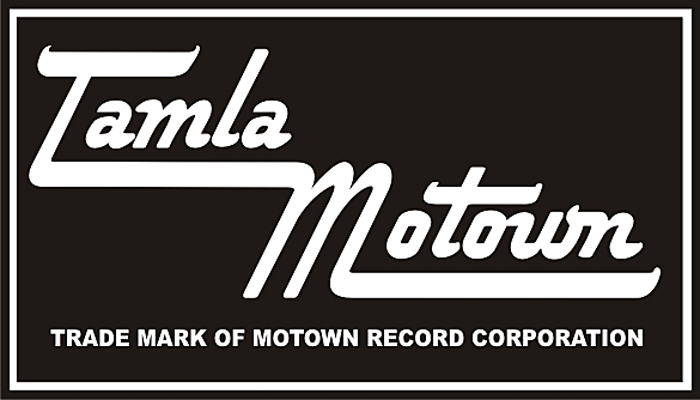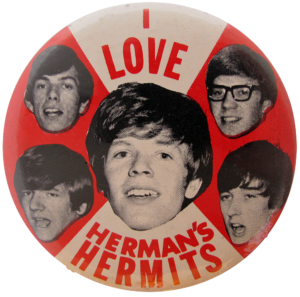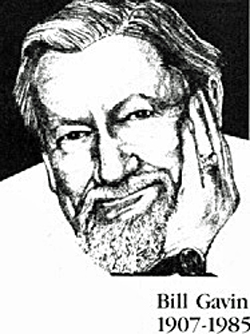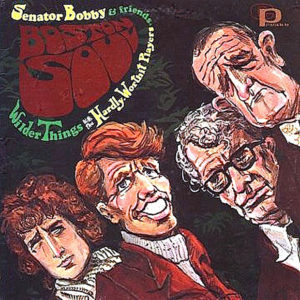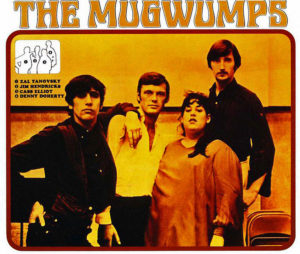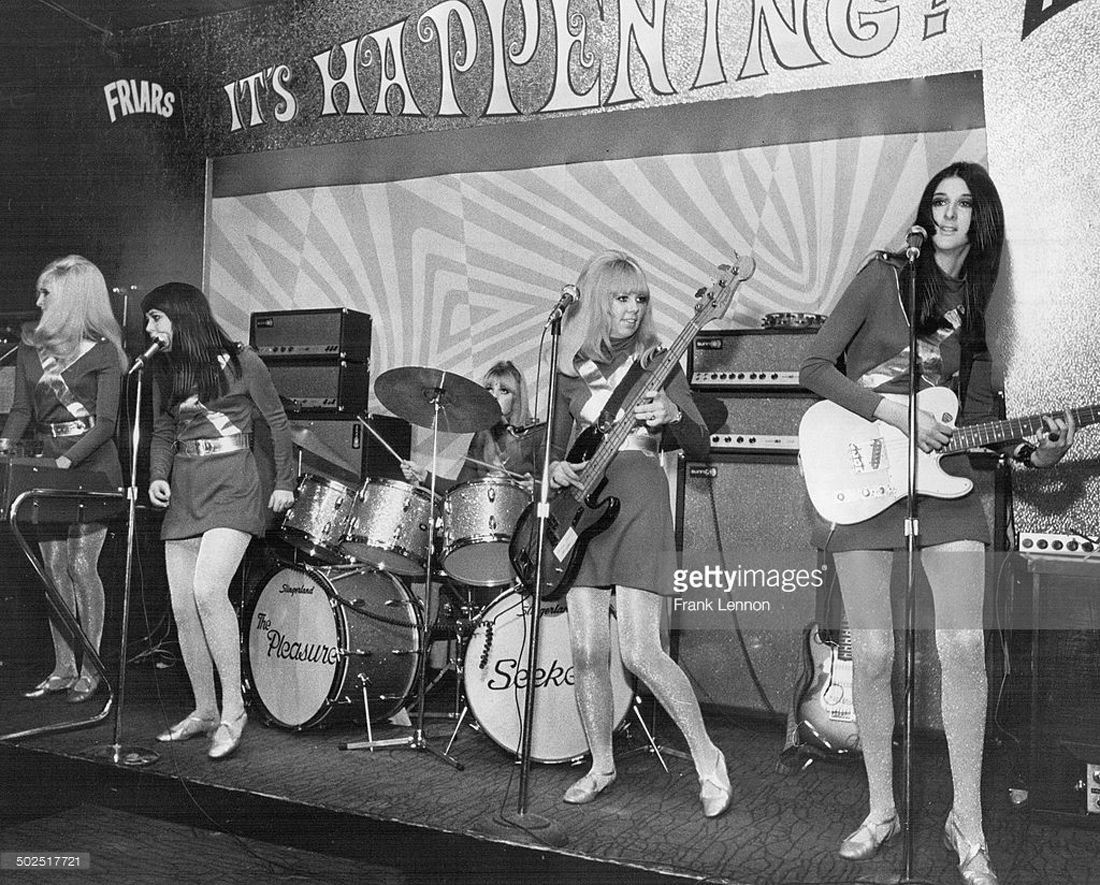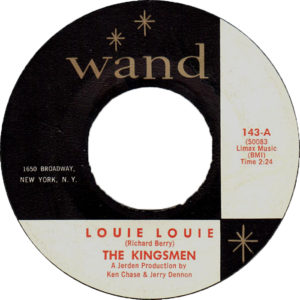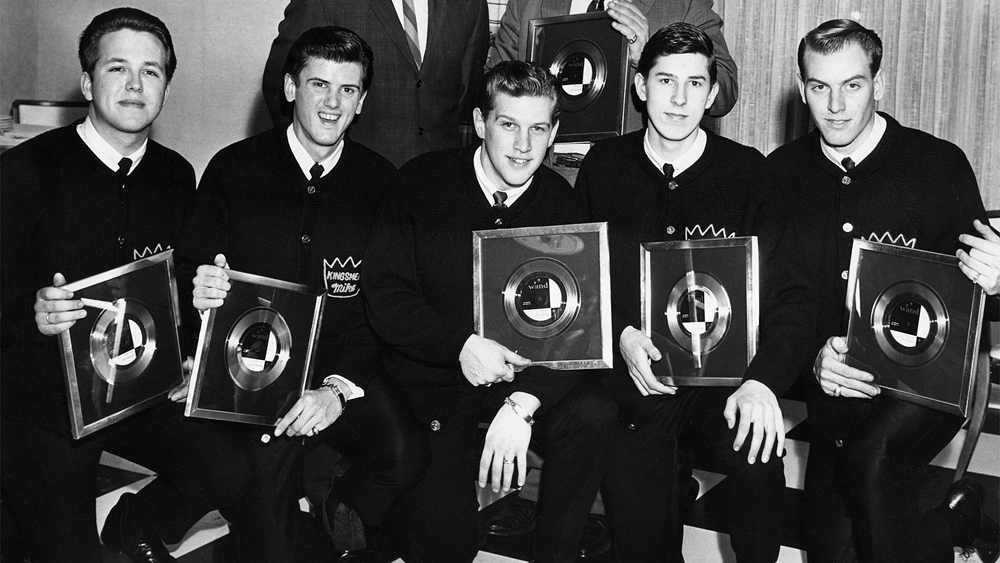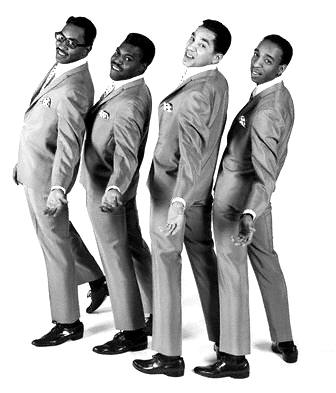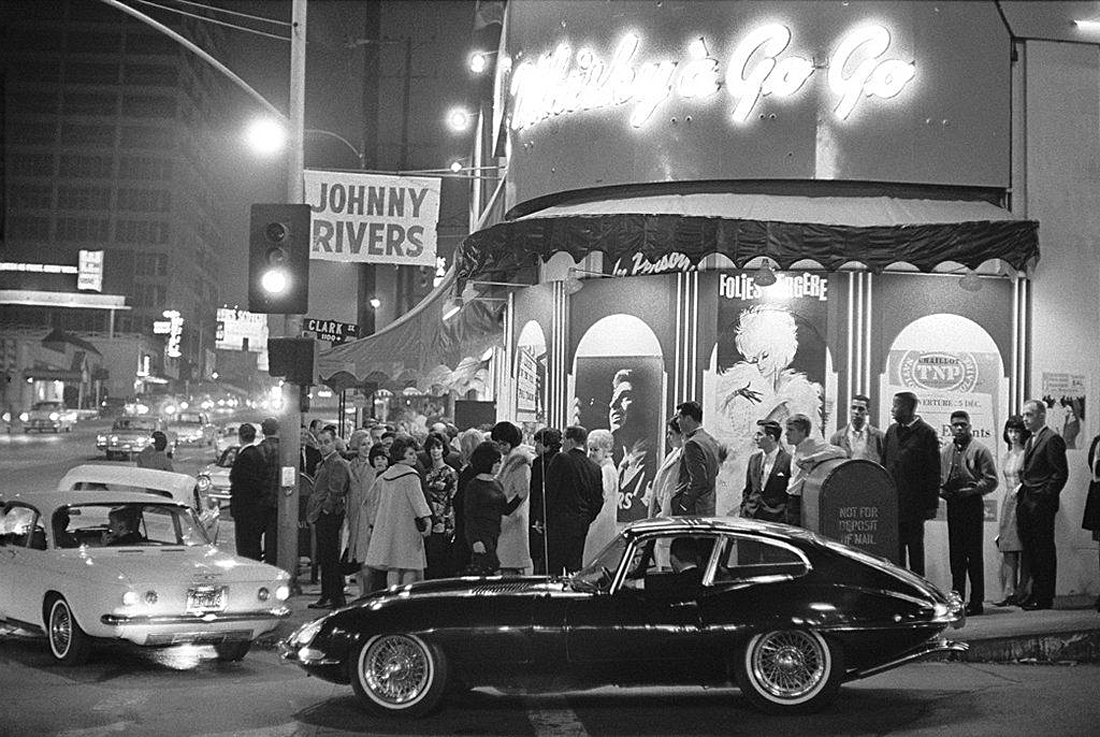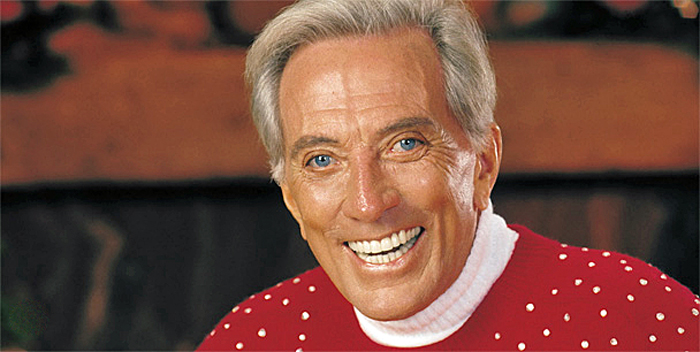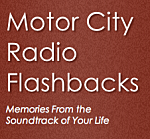 From the MCRFB NEWS archive: 1965
From the MCRFB NEWS archive: 1965
Bob Dylan Performs Non-Acoustic, ‘Electrified’ Newport Crowd
NEWPORT, R. I. – This year’s Newport Folk Festival (July 22 -25) was a resounding success – artistically and commercially.
From both standpoints, it came closer than ever before in achieving its primary purpose, to provide the greatest number of people with the widest possible sampling of folk music in its varied forms.
The result was an attendance of more than 74,000 highly enthusiastic people, topping last years turnout of nearly 70,000. This years estimated gross is in excess of $200,000. The four day event was presented by the nonprofit Newport Folk Foundation, the organization which has staged similar folk presentations here since 1963.
Labor of Love
All participating artists appear at no charge, contributing their services to the Foundation. The funds collected go toward the costs of maintaining the Foundation and its festivals, and for supporting research and exposure of folk music in general. Artists are paid only their travel expense. This can be substantial at times when groups are brought from distant areas such as Europe and Africa.
The success of this year’s event stands as a tribute to the talents of the Foundations chairman and producer, George Wein; his wife, Joyce Wein, who served as production coordinator, and to their staff.
The Festival consisted of six concerts: four each evening, Thursday through Sunday; a Sunday morning presentation of religious music, and a Sunday afternoon concert. In addition to the concerts, the Festival offered daytime workshops (11 a.m. to 4 p.m.) on Friday and Saturday.
These consisted of small groups, with as many as a half dozen sessions going on simultaneously. Each was conducted by a recognized disciple of a different form of folk music. These sessions consisted of discussions and performances of the music under consideration.
Workshop Approach
The workshop approach, used by Newport in the past, proved to be particularly successful this year. It permitted those attending to gain a more intensive exposure of the particular type of music they preferred. Also, it allowed the fans to get closer to their idols.
This year’s Festival was held at Newport’s new Connel Highway Arena. It provided adequate seating capacity, as well as sufficient parking facilities for the thousands of cars which jammed the fashionable resort community. To make certain that order and crowd control would be maintained, the city of Newport banned bunking on the open beaches, and insisted that all who entered the town had appropriate lodgings.
Also, the city’s 80-man police force was beefed up for the event. Officers from neighboring communities and Pinkerton guards were brought in to build a force of 200 men who kept vigil to assure an orderly affair.
Saturday Sellout
The climaxing event was the closing concert Sunday night. It attracted a sellout attendance – the second one during this year’s series – and offered a dazzling array of performers. The concert extended far past the scheduled closing, finally winding up at 1:30 a.m.
Despite the late hour, and what would normally seem to be a saturation point in listening, the crowd demanded more, and was quick to voice its disfavor that the end had finally come. Peter, Paul and Mary, who appeared on past midnight, drew a standing ovation with the crowd refusing to let them leave the stage. Mary begged off with the deftness of a polished performer who can handle a crowd. She then brought the Festival performers to the stage, with each joining in on the finale number.
Enter Baez
(As the finale swelled to hootenanny proportions with the addition of each performer, it suddenly came to a dramatic standstill with the arrival on stage of Joan Baez. She chose to sidestep the number everyone was singing, and instead, offered a song in Portuguese. Since her fellow artists did not seem to be at home in that language, Miss Baez enjoyed a brief solo until the group returned to singing more familiar selections.)
The evening featured a number of standouts – Pete Seeger, whose simple, straightforward song style and stage manner left his listeners convinced that they were in the presence of a giant in the field. He seemed to spread an aura of true dedication to the folk cause, and the crowd could sense it each time he appeared.
Bob Dylan appeared, after long and loud shouting from the crowd demanding his presence. (The audience for this performance, as during the previous concerts, was a free -swinging, outspoken crowd which was ever quick to let its likes and dislikes be known).
Stormy Reception
Then, when Dylan arrived, for a brief moment it seemed that he had lost the support of his followers. Shouts from non-Dylan attendees that he go back to the “Ed Sullivan Show,” or that he shun the electric guitar, brought cheers. The indication was that many in the audience felt that he wasn’t the same Bobby of a year ago – that perhaps he’s turned too commercial for the folk purists.
Dylan, with the air of one who relishes controversy, soon had the crowd in his palm. A particularly moving rendition of his “Tambourine Man” brought it to its feet with cheers for more.
Josh White, who canceled his scheduled appearance during the Thursday night concert for health reasons, delighted the audience with a saucy rendition of “Jelly Jelly,” and a version of “Nobody Wants You When You’re Down And Out,” which moved the crowd to cheers. In introducing the latter, White paid tribute to Bessie Smith (“the greatest blues singer who ever lived “) and said she had introduced him to that song.
Political Comments
Len Chandler stirred the crowd with both his singing and his political remarks. He received a hearty welcome on stage, but when he decided to voice his opinions on the Vietnam situation while replacing a broken guitar string, a wave of boos filled the air. Chandler held his ground, exchanging pointed remarks with members of the audience. Undaunted by the storm he stirred, Chandler soon brought the crowd back to cheer him with his touching protest songs, “Rainbow And Shadow” and “To Be A Man.”
Fannie Lou Hamer, a moving force in the Mississippi Freedom Democratic Party, drew an ovation with her Freedom songs. Others who sparked the evening’s performance included Jean Ritchie, the Moving Star Hall Singers, and Cousin Emmy.
Theodore Bikel, one of the founding fathers of the Foundation, appeared several times, either with accompanying guitar or introducing various artists.
The Sunday morning religious music concert proved to be a memorable affair. Particularly outstanding were songs by The Reverend Gary Davis, one of the foremost composers in the “holy blues” field; Maybelle Carter,.who won cheers from the crowd; the Cape Breton Singers, to provide a sample of Oriental-flavored liturgy from Nova Scotia; Jean Ritchie, and the New Lost City Ramblers. The last-named created a rhythmic wave that swept the crowd to clapping and stomping to their beat.
The Festival dazzled the crowd with a wealth of talentsome, artists of top stature, others unknown to most people present. Additional highlights included performances by such top-drawer people as Theodore Bikel, Blue Grass’ Bill Monroe, Odetta, Ian and Sylvia, Donovan, Mississippi John Hurt, Sam and Kirk McGree and Arthur Smith, Ed Smith and the Southern Fife and Drum Corps, to mention a few.
One of the most exciting moments of the Festival was provided by Spokes Mashiyane from South Africa. His rollicking, rhythmic selections as performed on the pennywhistle brought the crowd to its feet. The instrument’s timbre was fresh to the ear, and the novelty of its sound intrigued the audience.
Another listening thrill was presented by the Kweeskin Jug Band, using everything from tubs and washboards, combs and stovepipes, to create one of the most memorable experiences afforded by the Festival. END
___
(Information and news source: Billboard; August 7, 1965)
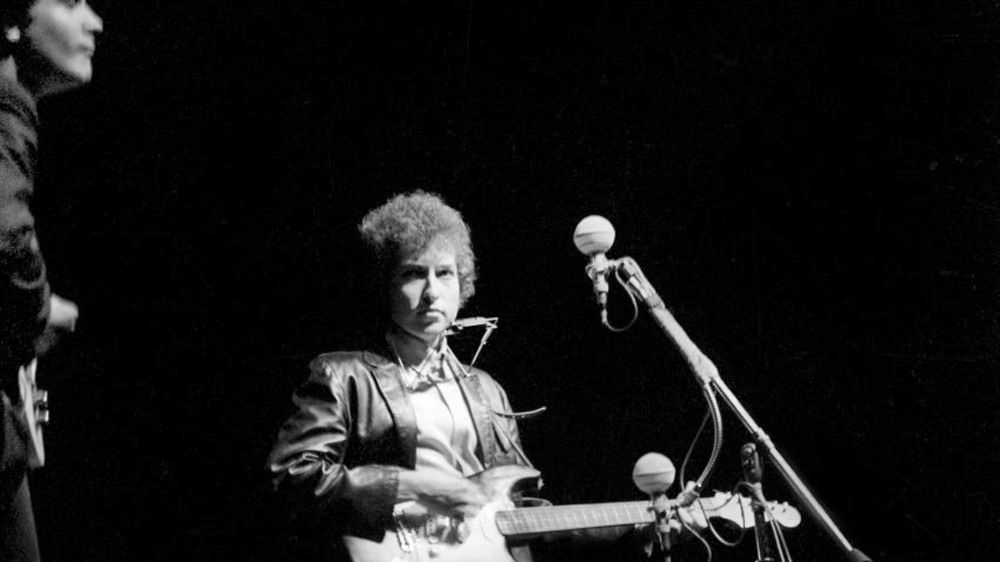
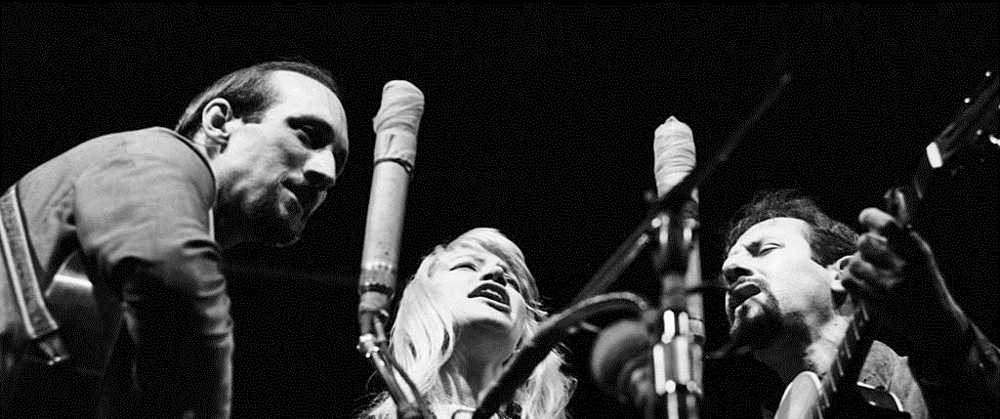
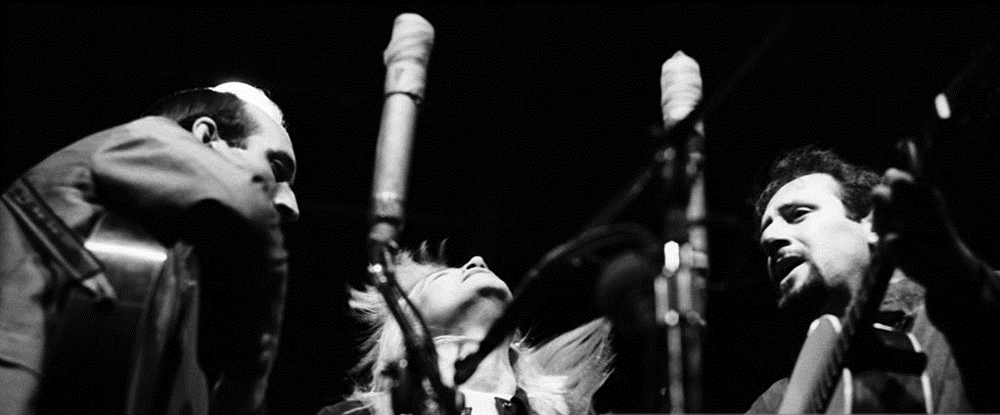
![]()




